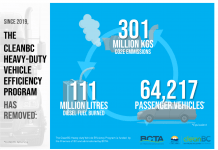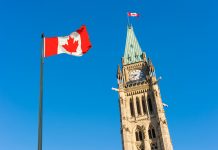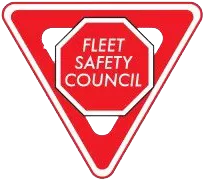
Tired of winter? Tired of hearing too much about the pandemic? Are you just plain fed up with all of it? Wishing you could get away to the sun and surf? Well, rest assured you are not alone. We are all feeling that COVID burnout on top of the winter blahs.
It would be fair to say that most everyone in Canada is suffering from one form of COVID burnout, stress, anxiety, or worry. That starts right at the top with our overworked and maxed out health care professionals and works all the way down to the children who see their parents struggle with any number of pandemic induced issues, or who can’t play with their school friends. None of us are immune.
While physical distancing helps slow the spread of COVID-19, it is no secret that the effects of isolation can negatively impact our mental health. Now more than ever, it is essential for all Canadians to emotionally support each other while abiding by the distancing measures recommended by health officials.
Boats don’t sink from the water around them. They sink from the water that gets in them. We are all prone at these times to suffer mental stress and wellness issues. It is important to spot them early and do things to help ourselves or others. Here are a few helpful ideas.
Eat, drink, and sleep regularly. Avoid negative coping strategies such as excessive intake of caffeine, sugar, alcohol, or drugs (Alcohol consumption and probably drug use are up during COVID). Yes, drinking more water is a healthy option here too!
Create a budget if you money issues. The Chartered Professional Accountants of Canada suggest we pare down our expenses and focus on our needs, not wants, in order to mitigate financial stress.
We are social animals and interaction is key, stay connected. That means friends and family and associates want to hear from you and vice versa. Thankfully technology is our friend here. Reach out with the phone, emails, text, zoom and Skype, and messenger. Writing or receiving old fashioned notes or letters through the mail is also an absolute treat in these times.
The reality of social distancing means “people have had to get creative to stay connected,” says health psychologist Dr. Kathryn E. Kanzler. “They’re doing these family games online or maybe they’re keeping in touch other ways through technology if they can’t meet face to face.”
Staying physically active and exercising are high on the list of fighting the blues and stress. Doing low impact activities such as yoga, tai chi, brisk walking, and resistance exercises can help improve your mood and fitness. Low-intensity activity sustained over time releases chemicals that trigger the growth of new nerve cell connections in the brain’s mood regions, according to Harvard Medical School.
Many of us are already prone to the “winter blues” known as SAD, seasonal affective disorder, a depression caused by lower natural light levels in the winter season. The pandemic is expected to intensify the depression experienced by many people who suffer from SAD. Studies show that SAD is four times more common in women than men. The simple cure is a holiday to the sun, but due to COVID, not many are traveling south this year. So get outside when it’s sunny and breathe the fresh air, it will help!
This lack of natural light in winter changes hormonal levels. Maximize sunlight exposure indoors by keeping curtains open during the day and sitting near windows. High-intensity exercise can also help people deal with hormone imbalances. Researchers agree that eating well and avoiding sweets and carbs can also be beneficial. Foods rich in vitamin D — which we can get from the sun — may also help manage depression. Some doctors recommend “light” therapy with special lamps.
“It’s really important to make sure we get as much sleep as we can.” Says Dr. Kanzler, relaxation is also key. “For some, that may be listening to relaxing music or reading. Others might sit in a quiet room and take some deep slow breaths. Some people relax through movement, like yoga. Taking a walk might be relaxing. There are a lot of different things we can do to calm our bodies and minds.”
Caring about and helping others even when facing our own difficulties — getting outside of ourselves — makes us happier and healthier, too. Help others and be extra kind to each other seems so simple and rewarding, doesn’t it?
Focusing on good news and positive messaging will also help. That may mean something as simple as staying connected with those that have positive mindsets, and glass is half full attitude. Understand what you do or do not have control over. We are all in this boat together. It’s important to not be afraid to reach out to others we trust if you feel anxious or alone, or depressed.
Helplines are there if for those severely stressed or depressed, and sometimes nothing is better than a shoulder to lean on a good old fashioned hug.
If we all recognize that the winter of 2021 is bound to be overly stressful, then perhaps we can get in front of some of the issues that many of us are bound to experience. Sharing and communicating our feelings with others has to be a starting point to help us all survive this winter happier and healthier and a way to hopefully wash those COVID winter blues away.





















